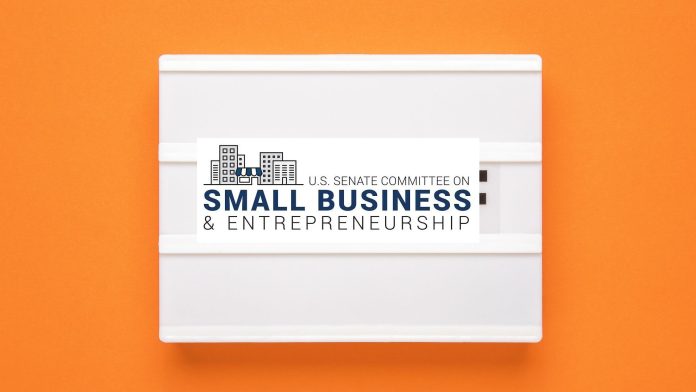Ranking Member Edward J. Markey (D-Mass.) recently convened a virtual listening session with small business owners affected by the Trump Tariffs, highlighting a growing crisis that is troubling many local enterprises. The session provided a platform for entrepreneurs to voice their concerns over the wide-ranging repercussions of tariffs initially imposed in 2025.
“Small businesses are the backbone of the American economy, but to small business owners, Trump’s Tariffs are back breaking,” stated Markey. He emphasized that these tariffs have burdensome effects on small businesses, costing them over $9,000 every second since their inception—a staggering figure that points to the urgency of the situation.
One poignant testimony came from Shayna Ferullo, owner of Snowy Owl Coffee Roasters, who explained the dilemma of navigating tariffs on raw materials not produced domestically. “These additional taxes are sending shockwaves through an industry that was already facing record high prices. We have no other choice but to raise our prices and pass some of these costs to our consumers,” she noted. The increased prices risk alienating customers and pushing them toward larger chains like Starbucks.
Steeve Louis-Charles, co-founder of Boston Pro Sound, echoed similar sentiments. He articulated the critical nature of cost control for small businesses, stating, “When prices double, so do the barriers to growth, opportunity, and community impact.” For small businesses, escalating costs do not merely affect profits; they also hinder their ability to invest in training, clients, and community initiatives.
The crisis is palpable for many owners. Beth Benike, founder of Busy Baby, expressed dire concerns about the sustainability of her business. “I will run out of inventory in less than 2-3 months. If I can’t figure something out quickly, I will have to shut down my business,” she said. This stark reality illustrates the precarious position many small business owners find themselves in as tariffs create unsustainable financial burdens.
Brandale Randolph, founder of 1854 Cycling Company, highlighted the urgency of decision-making under acute uncertainty. “My lease needs to be renewed, and given the uncertainty around the new tariffs, I don’t know if I can afford to stay open unless I shift to an entirely new financial model,” he stated. This kind of uncertainty often leads to difficult choices that could entrap employees in cycles of poverty.
Even businesses purely committed to local roots feel the squeeze. Zack Rocheleau, supply chain manager for Rocheleau Tool & Die, argued that while there’s a desire to support domestic manufacturing, the current tariff structure undermines that goal: “Handcuffing us with increased costs and decreased availability… is making us less competitive.”
The impact of tariffs extends beyond individual businesses. Jen Faigel, co-founder and Executive Director of CommonWealth Kitchen, emphasized the cascading effects of these policies. “When our businesses go down, the insurance brokers go down, the drivers go down, the distributors go down, and the marketing teams go down,” she shared—a reminder that the effects of these tariffs resonate through various layers of the economy.
Responding to these challenges, Markey and other senators have introduced the Small Business Liberation Act. This legislation aims to exempt small businesses from the sweeping tariffs, offering a beacon of hope for 34 million small enterprises burdened by these costs. Markey reiterated the need for immediate attention to small businesses, stating, “This should not be a partisan issue, and I will continue to fight to pass this legislation.”
Nicole Obi, President & CEO of the Black Economic Council of Massachusetts, praised Markey’s efforts, emphasizing the importance of small business sustainability in the state’s economy. “Small business is the backbone of the Massachusetts economy, and we will continue to advocate for policies that will positively impact small business growth and sustainability,” she said.
As small business owners grapple with these ongoing challenges, the stakes remain high. The urgency for relief and actionable policies is palpable. The time for a collaborative approach, where lawmakers genuinely listen to the concerns of local businesses, is now.
For additional details on the situation, you can read the full press release here: Small Business Liberation Act.
Image Via Envato: margaritaylita



